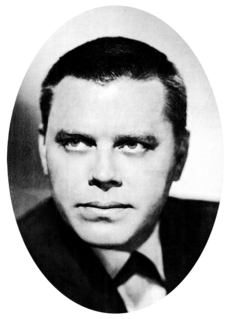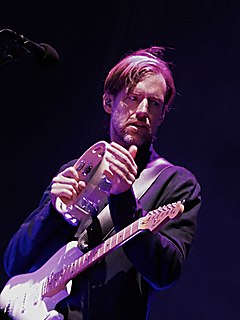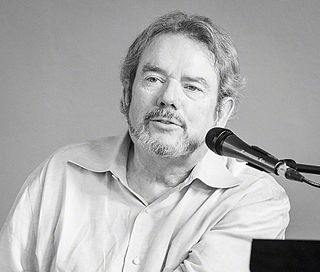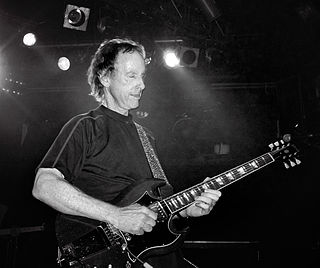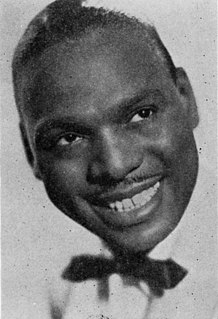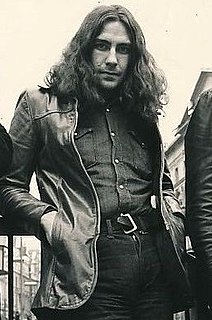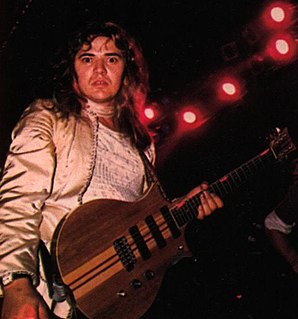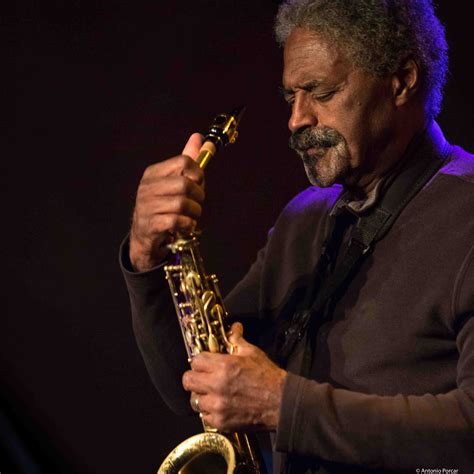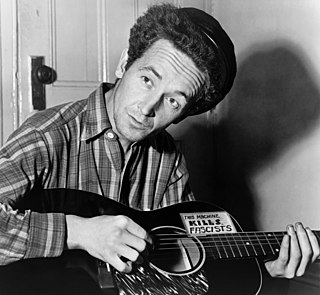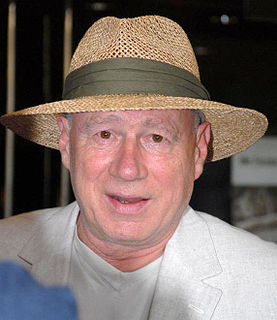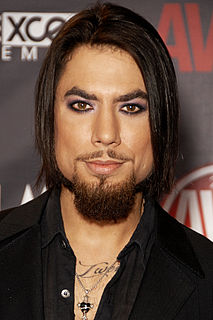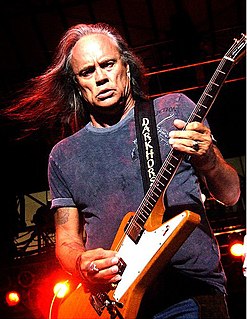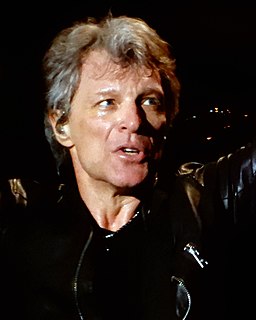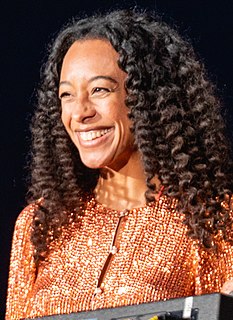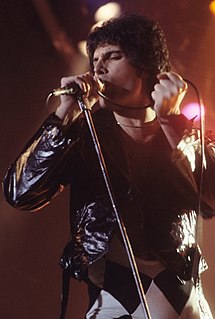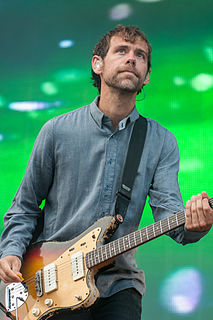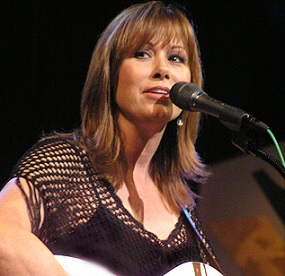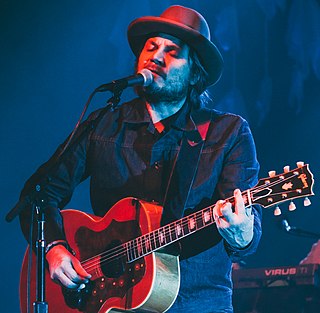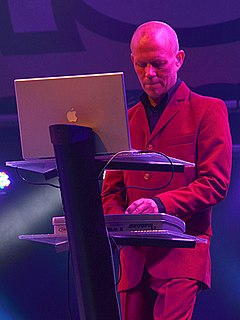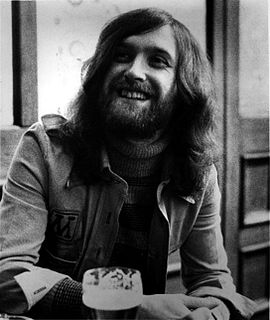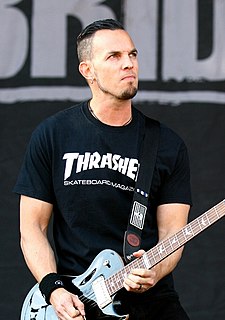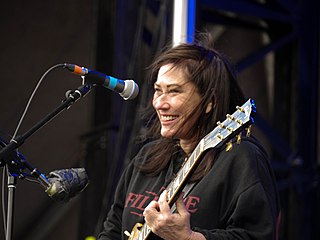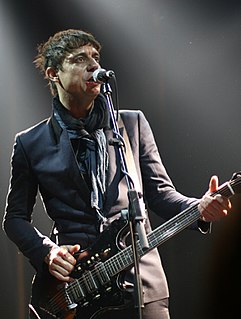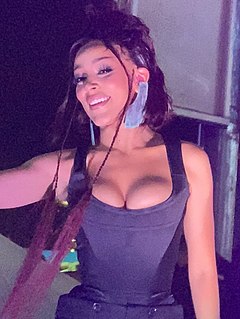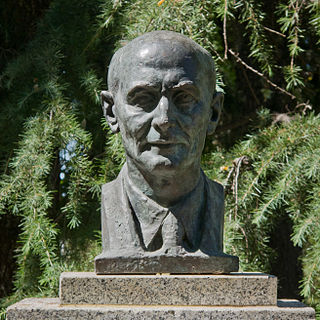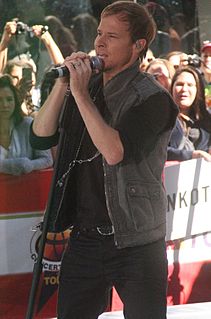Top 420 Chords Quotes & Sayings
Explore popular Chords quotes.
Last updated on April 14, 2025.
Instead of thinking in terms of chords, I think of voice-leading; that is, melody line and bass line, and where the bass line goes. If you do that, you'll have the right chord. [These voices] will give you some alternatives, and you can play those different alternatives to hear which one suits your ear. Keep the bass line moving so you don't stay in one spot: if you have an interesting bass line and you roll it against the melody, the chords are going to come out right.
Even if chords are simple, they should rub. They should have dissonances in them. I've always used a lot of alternate bass lines, suspensions, widely spaced voicings. Dfferent textures to get very warm chords. Sometimes you're setting up strange chords by placing a chord in front of it that's going to set it off like a diamond in a gold band. It's not just finding interesting chords, it's how you sequence them, like stringing together pearls on a string. ... Interesting chords will compel interesting melodies. It's very hard to write a boring melody to an interesting chord sequence.
The chords in 'Light My Fire' are based on [John] Coltrane's version of this song. He just solos over A minor and B minor, which is exactly what we did. Coltrane had played with Miles on Kind of Blue and took the idea of modal soloing over one or two chords farther out than anybody. He was a real pioneer - he just kept evolving, going where no one had ever gone. He could always attain this state of ecstasy when he played. Live, there was so much energy, you couldn't believe it. He would play for hours. It was indescribable.
I met the pianist Barry Harris when I was about fifteen. He would show me changes, which I had no idea existed. I knew about scales, but I didn't think about chords. I was fortunate in that he lived right around the corner so I'd be at his house almost every day and he showed me about playing melodies over chords. After about three years, I could play some gigs. I worked with drummer Roy Brooks and other guys my age at that time, like trumpeter Lonnie Hillyer. Some of the older guys were Paul Chambers, Doug Watkins and Louis Hayes
I think whatever we've done as a band at The Clientele, we've done because it's so natural. Our "old" sound isn't really like any actual bands from old times. We take elements of past music styles and past sounds as a way to... this is going to sound very pretentious and perhaps overly thought-out, but as a way to strike chords of vague nostalgia, and strike chords of, "I've heard this before somewhere." That's what a lot of our music is about in terms of the words and ideas behind it, so we really use old sounds as a way to serve that agenda.
I was 16 when I came to New York. I had graduated to a tenor banjo in the school jazz band, and it was kind of boring - just chords, chords, chords. Then my father took me to a mountain music and dance festival in Asheville, North Carolina, and there I saw relatively uneducated people playing great music by ear.
I think I always thought of the guitar as the vehicle to be able to make some musical idea up. The only appeal to learning more chords was having more chords to put into songs. I never got too wrapped up in becoming technically good. So writing songs happened pretty simultaneously with learning how to play the guitar.
With a track like 'White Christmas,' everybody has done that song in every format you can imagine, so I just looked at the chords at that particular song and what chords would make it work. That's kind of quite a sad song, and I had this idea of someone singing it in the subway, someone who is homeless, old and sad.
When I was 12 or 13, my dad taught me a couple of different chords, and once I learned chords, I never learned to read music, but I learned tablature, like a lot of kids do, and I learned songs that had the chords I knew. It took me a long time to understand the upstroke of picking and strumming, but once I did, it all fell into place.
I don't really break into too many solos. But I've never been a super-big solo guy anyway. I like to make the main melody guitar lines of the songs as cool and interesting as possible without just strumming chords. I like to have chords intertwined with riffs here and there, but I'll do the riffs and the solos where the bottom will drop out. Basically, I do everything for the song, I don't do it for the solo glory. Kids aren't really into that anymore for some reason.
It's just rock and roll. A lot of times we get criticized for it. A lot of music papers come out with: 'When are they going to stop playing these three chords?' If you believe you shouldn't play just three chords it's pretty silly on their part. To us, the simpler a song is, the better, 'cause it's more in line with what the person on the street is.
The music has gotten thick. Guys give me tunes and they're full of chords. I can't play them...I think a movement in jazz is beginning away from the conventional string of chords, and a return to emphasis on melodic rather than harmonic variation. There will be fewer chords but infinite possibilities as to what to do with them.
I've been diagnosed with what's called vocal tension dysphonia. The muscles around my vocal chords kind of constrict my vocal chords from doing what they should do. It's kinda like being a body builder and you have muscles that are so large that they don't allow you to have flexibility, if that makes sense.

